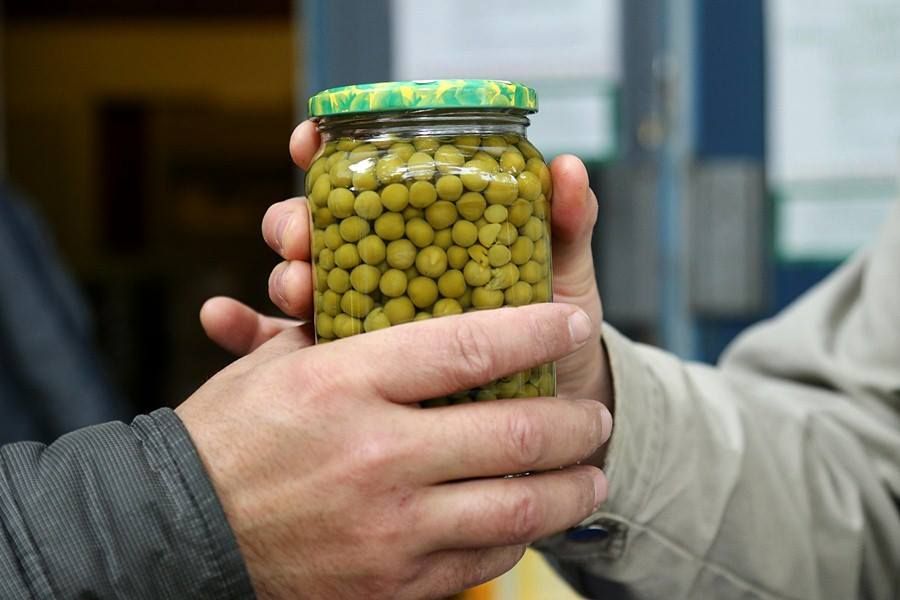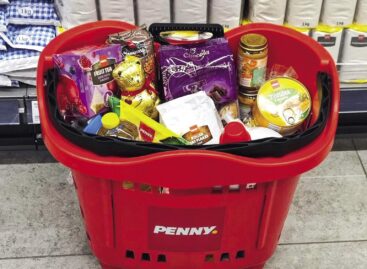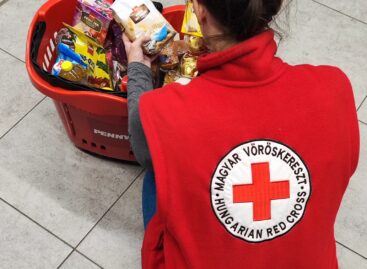A charity organization offsets the emissions of ten thousand cars in Hungary last year
In 2024, the Hungarian Food Bank Association saved a total of 10,359 tons of expired and defective food, helping 245,000 people in need. The donation of HUF 17.1 billion was also good for the planet: the carbon footprint of wasting surplus food would have been equivalent to 24,000 tons of CO2 emissions.

Food waste is one of the most pressing social, economic and environmental problems of our time. According to UN data, one third of the food produced in the world is wasted, which leads to serious food problems, while 10 percent of the greenhouse gases that cause climate change can be attributed to food produced but not consumed.
In Hungary, 93 kilograms of food waste are generated per inhabitant per year. The majority of losses occur in households, but there are also significant surpluses in agricultural production and processing, as well as in retail and catering.
More than 10,000 tons donated to 245,000 people in need
The Hungarian Food Bank Association was established with the aim of finding expired and defective stocks of manufacturers and traders, and then distributing them to those in need. In nineteen years, the Association has become one of the most influential charitable organizations in the country: it provides assistance to approximately 250,000 people in need every year, for which it has built a national food rescue and distribution network of 650 charitable organizations and can count on the work of 7,000 volunteers every year.
In 2024, leftover baked goods, vegetables, and fruit were collected from 751 stores every day, while non-perishable food was also purchased from 130 manufacturers. During the year, a total of 10,358,505 kilograms of surplus food were saved, meaning an average of 28,000 kilograms of food were donated to tens of thousands of people in need every day.
“Last year, we were able to deliver aid packages to a total of 245,000 people in need, including residents of children’s homes, large families and single-parent households, elderly people left alone, students of schools, disabled and homeless people,”
– said András Nagygyörgy, the Food Bank’s director of external relations.
Related news
PENNY creates real social impact by building on long-term partnerships
🎧 Hallgasd a cikket: Lejátszás Szünet Folytatás Leállítás Nyelv: Auto…
Read more >Related news
Spring whirlwind at the 60th anniversary EuroShop trade fair
🎧 Hallgasd a cikket: Lejátszás Szünet Folytatás Leállítás Nyelv: Auto…
Read more >







